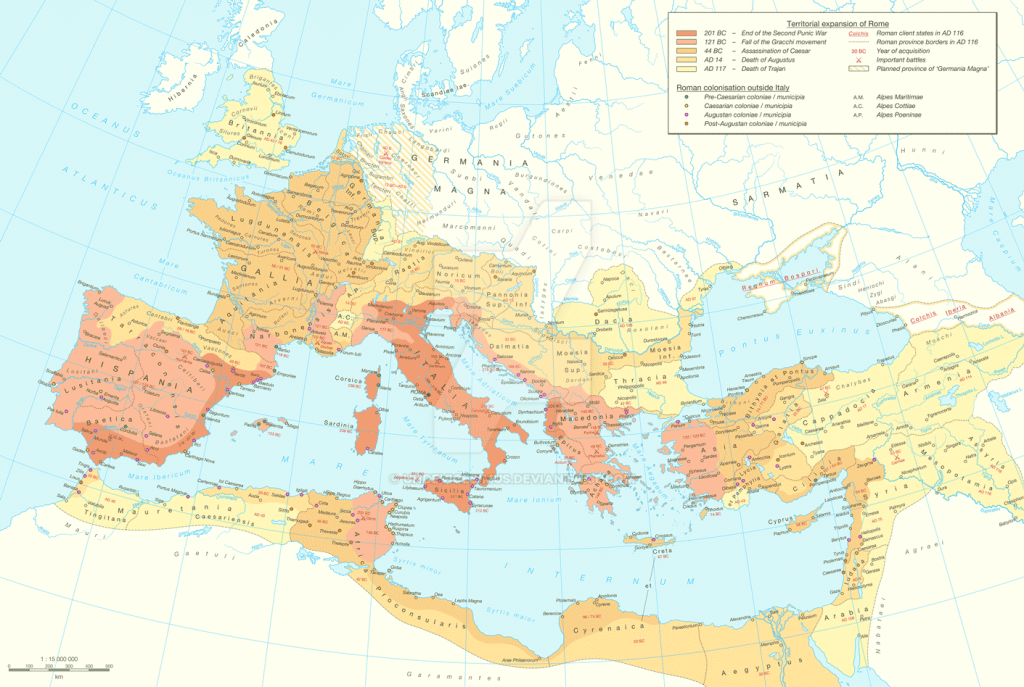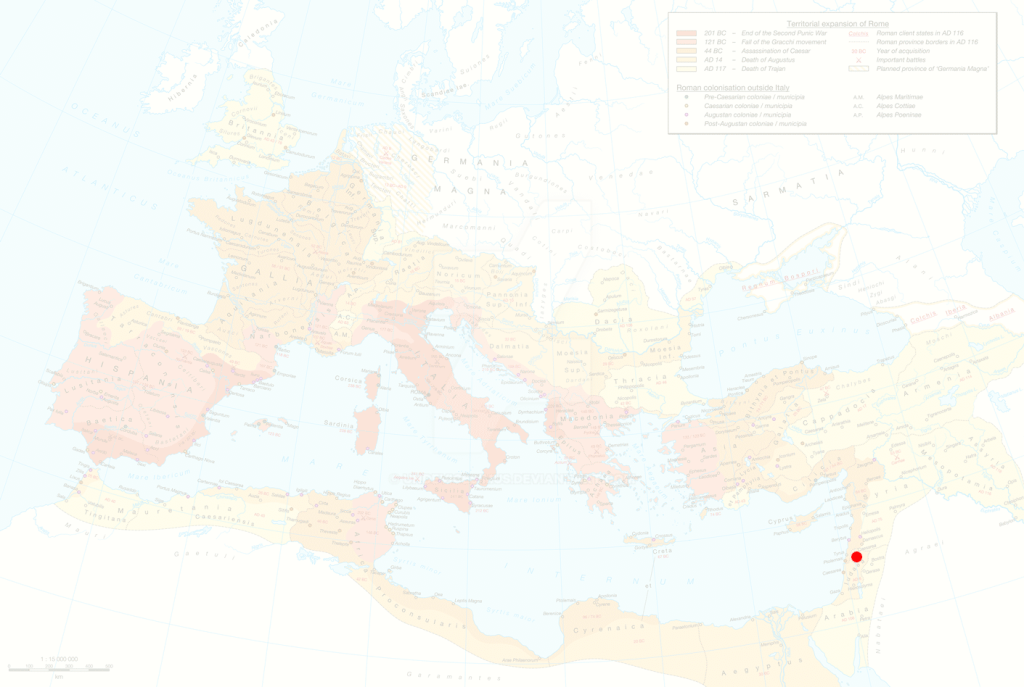“The church was not something to be explained, but something to be experienced.” So begins Dr. Theodore Hopkins’ investigation into how the church should function within the world as Christianity loses its hold on state and cultural power. In his book Christ, Church, and World: Bonhoeffer and Lutheran Ecclesiology after Christendom, Dr. Hopkins wonders how the church can imagine its place in an “emerging post-Christian world”. In his context, the particular expression of church that serves as his critical home base is Lutheranism (and, even more specifically, the Missouri Synod sub-brand); but Dr. Hopkins’ analysis has broader ecumenical applications. Indeed a question many are asking across Western church denominations is similar: how will we survive outside the majority in a “post-christian” culture. Before I go too far into Dr. Hopkins’ book, I do want to address the very idea of “post-christian.” It’s a phrase I have used myself in the past, and one that needs some unmasking.
Kirk Cameron, Christian actor

To figure out what we mean by a “post-Christian world” we must describe what we mean by a “Christian world.” There was a time in the not-too-distant past when “Christian” was a noun[1] rather than an adjective. “Christian” now modifies other nouns and has become a shorthand for “acceptable for Christians”. “Christian music” is different from “music”. “Christian movies” are different from “movies”. “Christian schools” are different from “schools.” “Christian nations” are different from “nations.” And the implication – certainly from Christians! – is that these modified things have an attachment to the sacred and the holy while those other nouns belong to the profane. The unmodified version of things is unsafe, unclean, ungodly. The “Christian” version of things was the de facto version in the White Evangelical subculture that grew out of the 1960s Jesus movement, and it’s why there’s such a weird subculture of “Christian things” today. There’s a Christian alternative to just about everything from video games to pop stars to streaming services. This is the multiverse of late-stage capitalism: consumer products for all audiences, no matter how niche.
If we scale up this usage of “Christian” as a modifier, we move away from Kirk Cameron and Skillet and towards something with more sinister implications. How many of us grew up with the teaching that “America is a Christian nation?” Prayer opening civic events, American flags in church sanctuaries, “God” being invoked in patriotic songs and rituals, the Puritan mythology, the Pilgrim mythology, the deism of our early politicians and businessmen. Only in the last twenty years has “Christian” started to feel less like the default setting for American life. The “Christian nation” myth has done more to dilute the word “Christian” than all the “Christian Rock” in the world. If our nation is Christian, it’s easy to say that all other nations are not: from the godless Communists of yesterday to the shithole countries of today. If our nation is somehow less “Christian” than it once was, what does that say about our past? Was the imperial violence that is the very foundation of this country – the genocide of the land’s previous inhabitants and centuries of race-based chattel slavery – “Christian” in any sense of the word?
When the empire becomes the church
Rather than “post-christian”, we may speak of the western world as being post-Christendom. That is, past the days of the Christian church and its members holding the reins of power and driving cultural and political forces toward some vaguely utopian goal. Constantine’s conversion and militant promotion of Christianity in 300CE literally rebuilt the Roman Empire into a “holy” empire. Christianity now enjoyed the privileges of the ruling class. Pre-Christian religions began fading away as the wealthy and powerful clamored for imperial favor by converting. Eventually, all people born in this new “Christian empire” were automatically Christians. Imperial armies literally rode to war with the church’s symbols on their shields. There were now prayers before every battle. Rome was no longer conquering for legacy or for pax but under the auspices of Jesus Christ himself.
Christendom continued as the church-run states of Europe embarked on a christianizing and colonizing project that would remake the majority world into its image. America, though having no state church of its own, is a colony of this project and an extension of its purpose. Just because there is no official state denomination (like the Lutherans of Norway or Germany, the Catholics of Italy or the Anglicans of England) does not mean America was not founded as an outpost of Christendom. But Christendom was never about following the way of Jesus, it was about the marriage of power between religious and political forces to exert greater control over people, enrich the coffers of monarchy, and exploit natural resources for the expansion of borders and corporate wealth.
Outpost America, the final frontier
Church-state laws like the Doctrine of Discovery[2] gave rise to our current state of affairs. Founding documents like the American Declaration of Independence invoke both the Creator God of Christianity and condemn the “merciless savages” of the continent. Christendom and colonization are inseparable[3]. Christendom has the veneer of Christianity – its language, its artifacts, its symbols, its rituals, its traditions – and yet it is not synonymous with the church. Paradoxically as Christendom has waned over the last century, Christianity has continued to spread. As Christendom has lost its power – first across Europe and now in North America – Christianity has developed deeper roots among indigenous and majority-world practitioners. Post-colonial Christianity, those Christians who follow Jesus among the ruins of the colonial experiment, does not have the centered power of Christendom. And yet God is working at the margins of power to call a people to himself: there are more Christians today in “non-christian” and “shithole” countries than in all of old Christendom[4].
So to wrap up this detour: we are not living in a “post-Christian” world. Dr. Hopkins clearly recognizes the complicated legacy of Christendom and the adjectival “Christian”. He rightly introduces the problem as one of “after Christendom.” It has become increasingly difficult in the last century to “explain” the church apart from western (and especially American) culture because the two are so often conflated and mischaracterized in public life. This makes speaking of “culture” a thorny topic, and it means Dr. Hopkins has his work cut out for him as he explores the tensions among “church” and “world”.
1 Acts 11:26 “And the disciples were first called Christians in Antioch”. Originally a slur better translated “Christers” meaning “of the party of Christ” which denoted sectarian allegiance and cultural ‘outsider’ status within the Roman empire. “If you are reproached as ‘Christer’,” Peter writes in 1 Peter 4:16, “don’t be ashamed but think of it as an honor before God.” The early Christians did not use this word as self-identity until at least the 2nd century. The earliest term serving the same purpose is something like “followers of The Way” (Act 9:2; Act 18:25, 26; Act 19:9; Act 19:23; Act 22:4; Act 24:14; Act 24:22). The Romans apparently also used “sect of the Nazarenes” as recorded in Acts 24:5.
2 For an in-depth look at the Doctrine of Discovery from indigenous North American Christians please see the work of Sarah Augustine, author of The Land Is Not Empty: Following Jesus in Dismantling the Doctrine of Discovery and Mark Charles, author of Unsettling Truths: The Ongoing, Dehumanizing Legacy of the Doctrine of Discovery.
3 Dr. Willie James Jennings digs into this matrix in his recent work on Whiteness. “As [European Christians] begin to realize their power, they also realize the power to shape the perceptions of themselves and others. That is, they begin to understand that not only do they have the power to transform the landscape and the built environment, but they also have the power to force people into a different perception of the world and of themselves.” Whiteness Rooted in Place, Christian Century. Another excellent introduction into Dr. Jennings’ work is this OnScript interview from Sep, 2021.
4 A decade ago Pew Forum study on Global Christianity found more than 1.3 billion Christians living in the Global South, compared with about 860 million in the Global North. This is the inverse of even 100 years ago, and the balance is only increasing.




